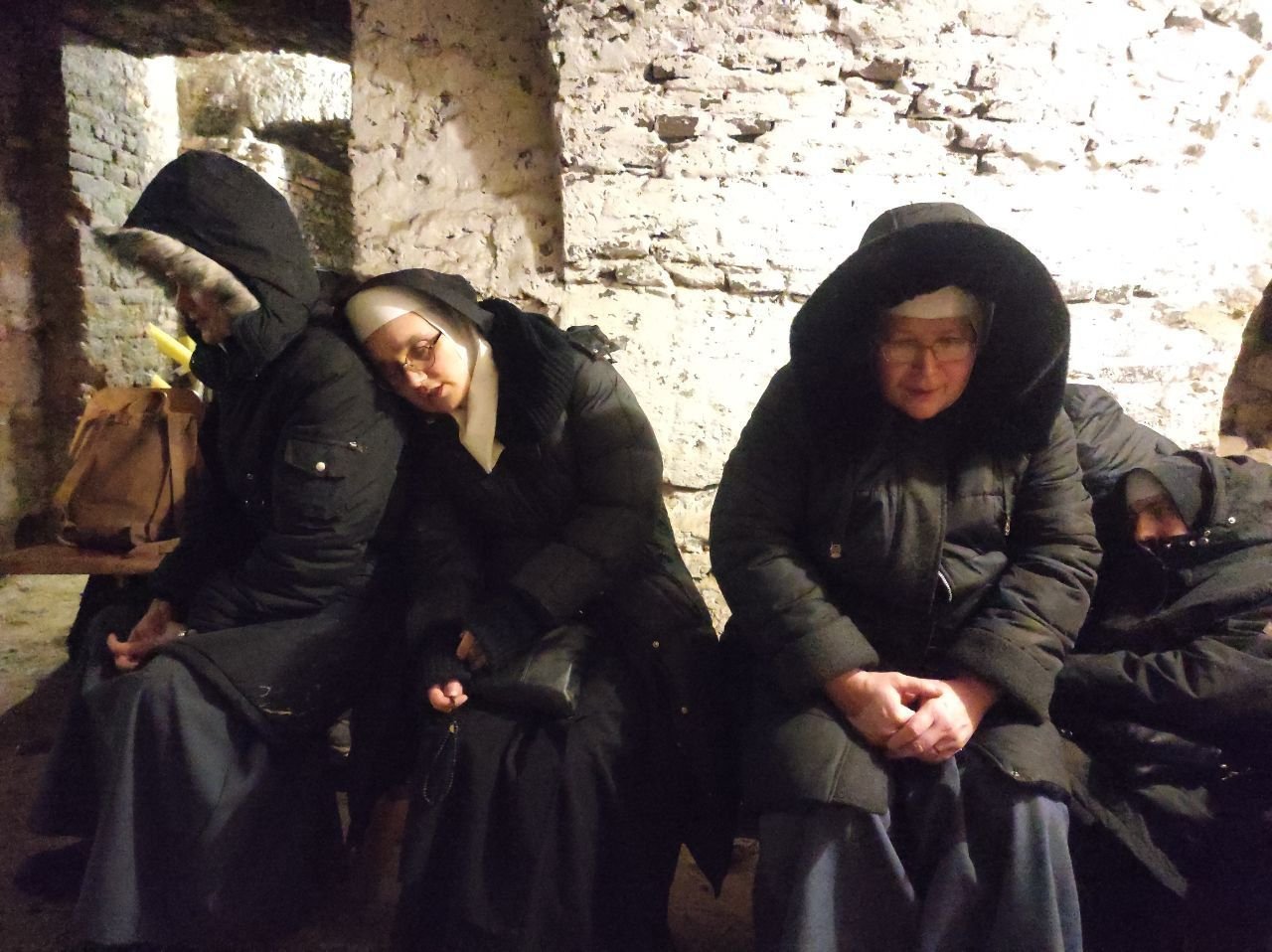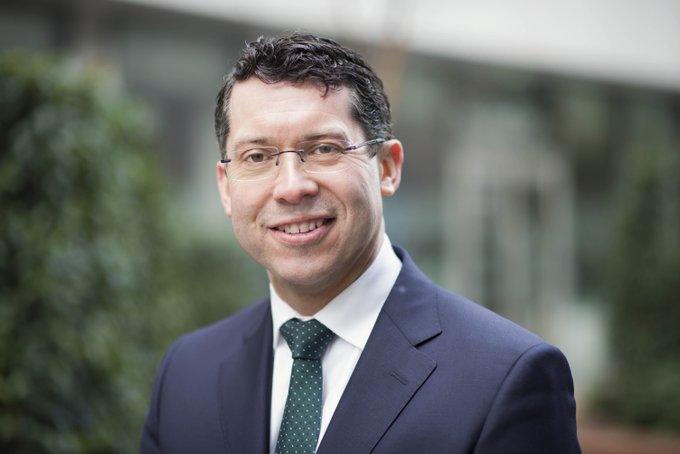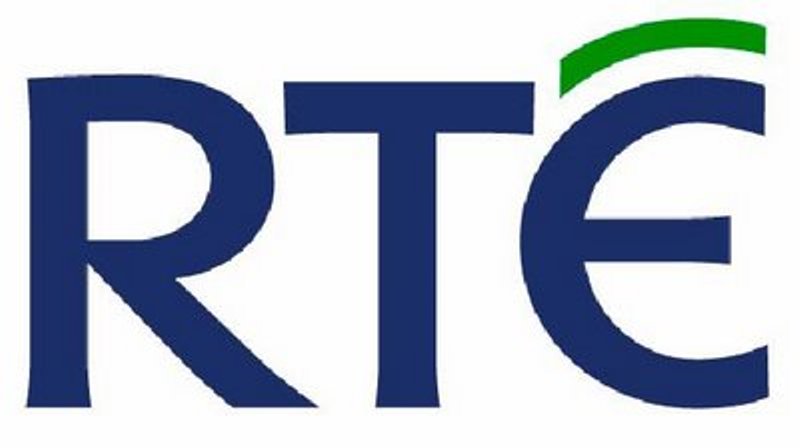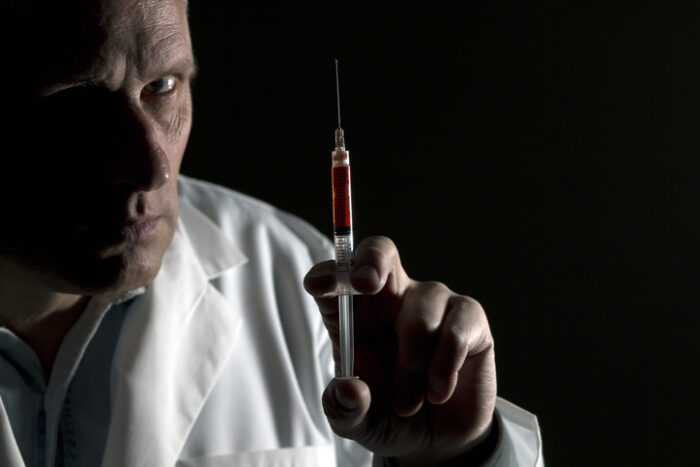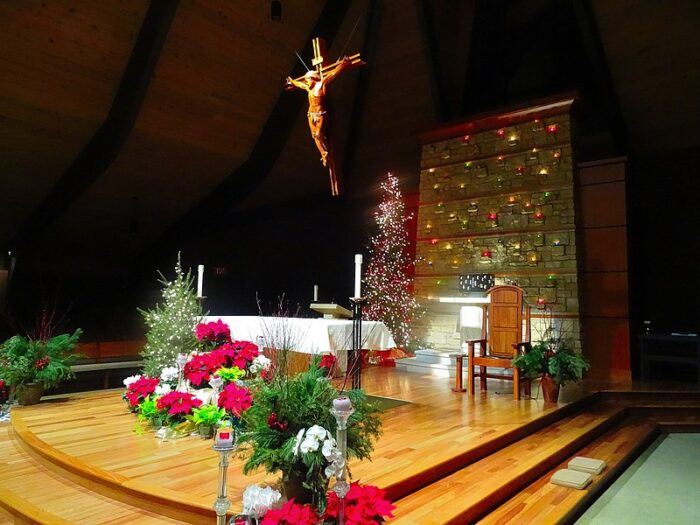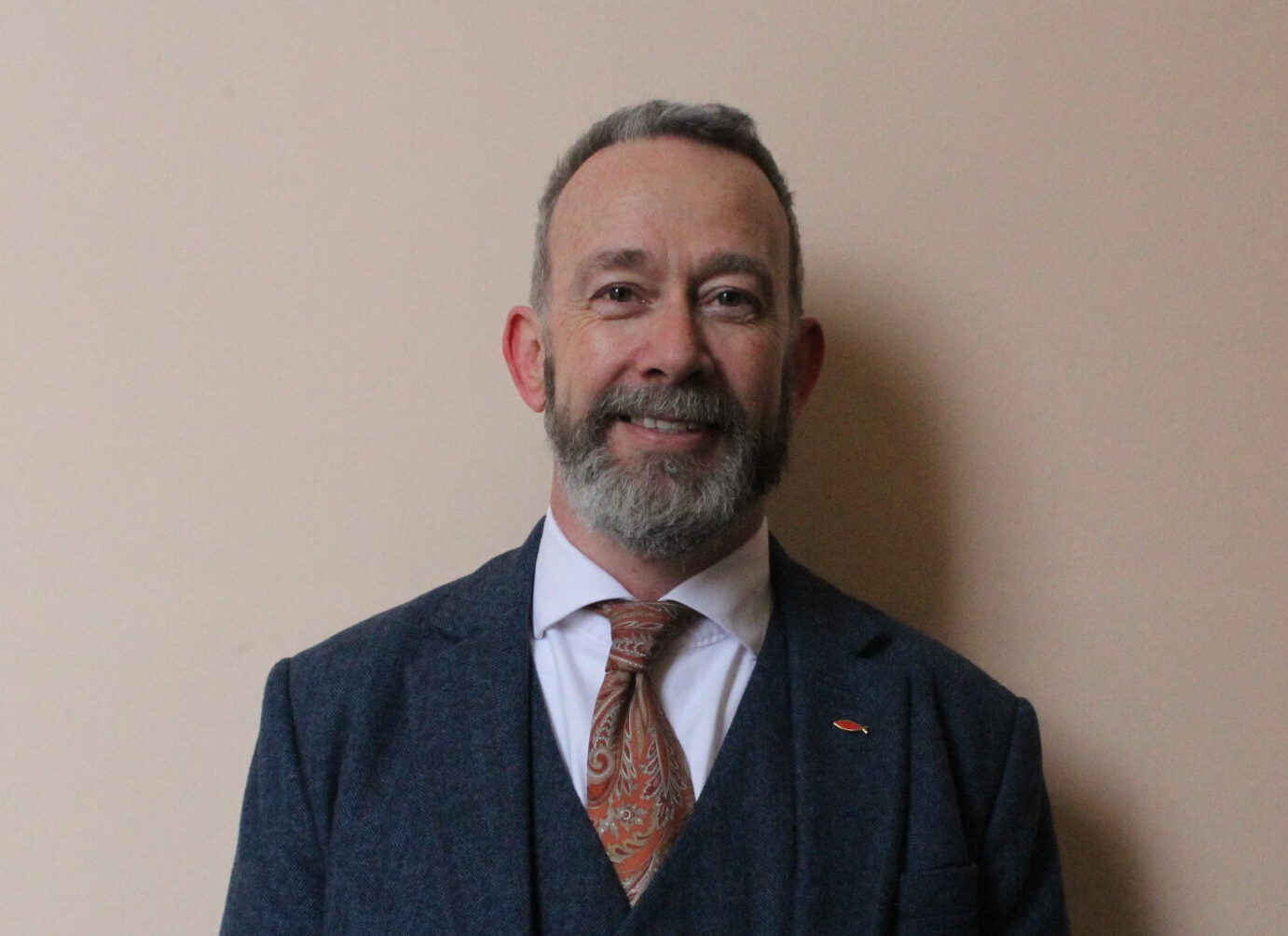A bishop and a priest were stabbed in an alleged “terrorist act” at a Sydney church yesterday, police said, just two days after the Australian city was rocked by a mass stabbing in a busy shopping mall.
Bishop Mar Mari Emmanuel was presiding over a service that was being livestreamed at Christ The Good Shepherd Church in the western suburb of Wakeley, when an alleged attacker was seen charging toward him. Several parishioners immediately attempted to intervene while screams could be heard in the church.
Members of the public restrained the alleged attacker at the scene, according to New South Wales police. Police then arrived and arrested the suspect, later identified as a 16-year-old boy, who was taken to the hospital under custody and received surgery for injuries sustained during the attack.
NSW Police Commissioner Karen Webb told reporters that police believe the attack was premeditated.
“We will allege [the suspect] attended that church armed with a knife and stabbed the bishop and priest … We believe there are elements that are satisfied in terms of religious motivated extremism,” she said.


